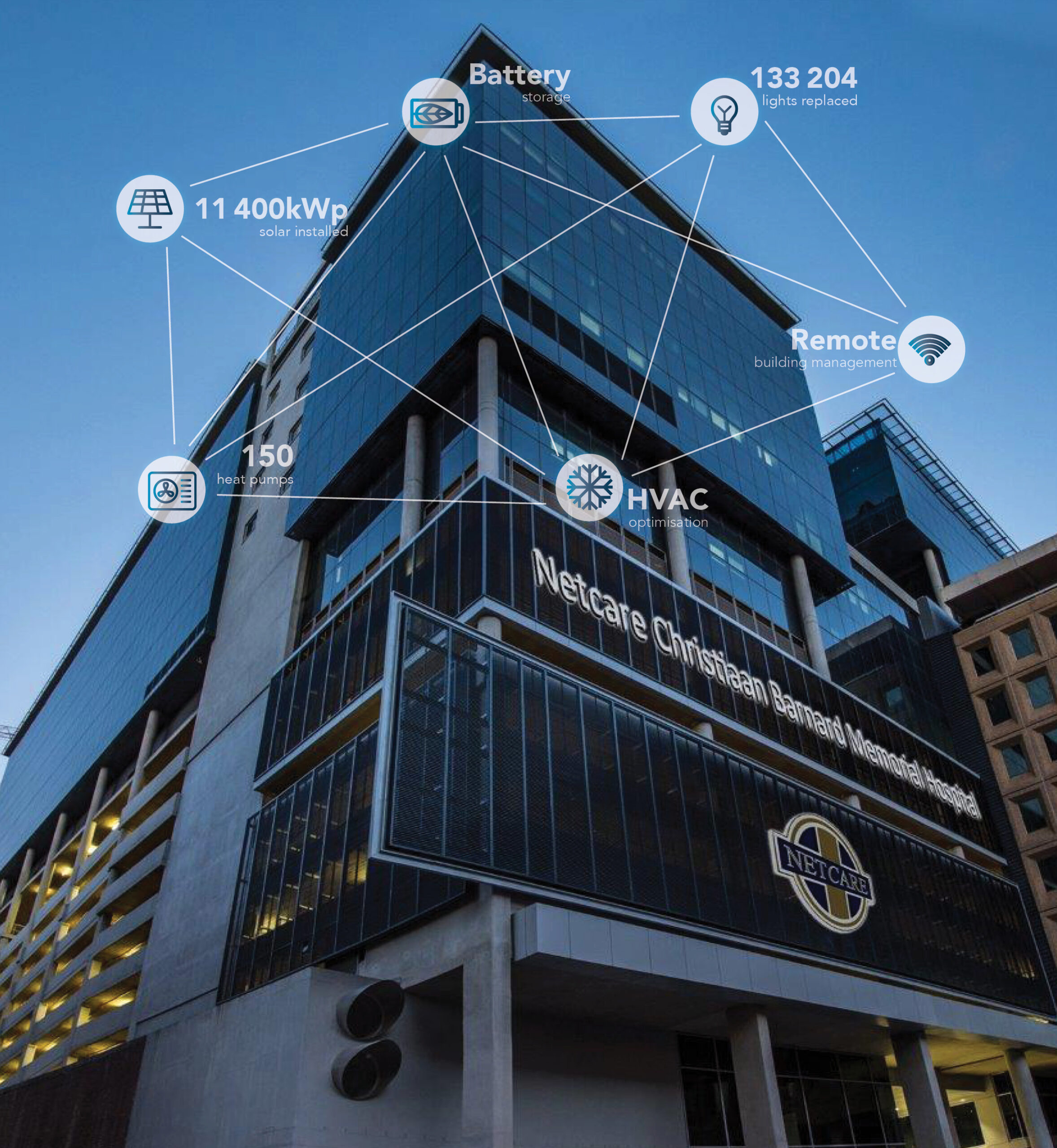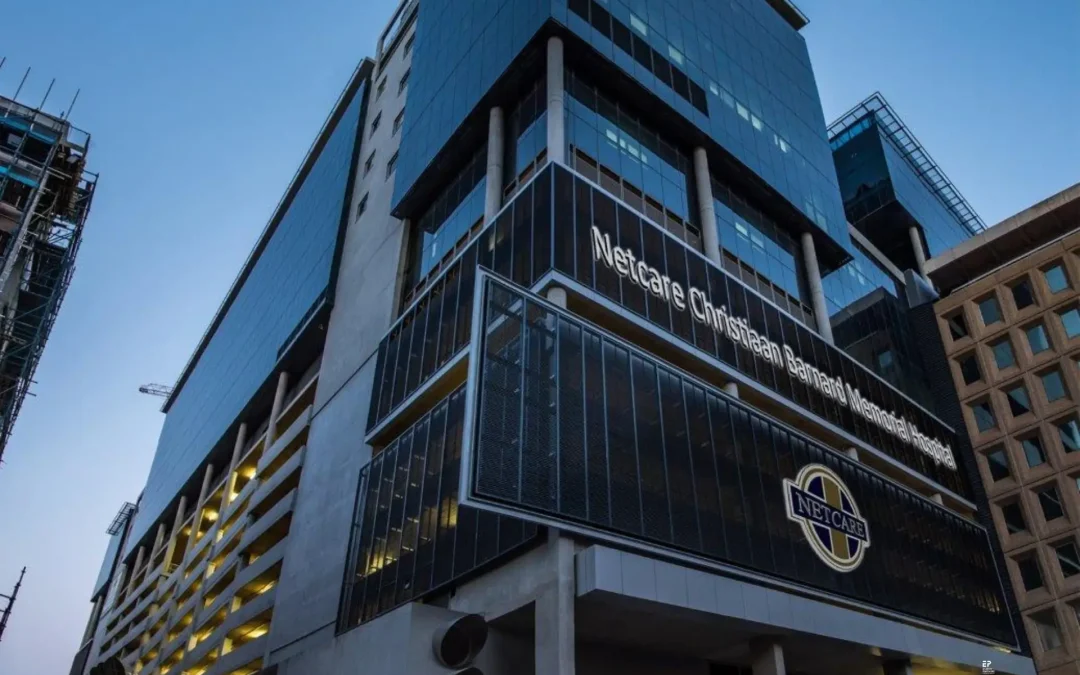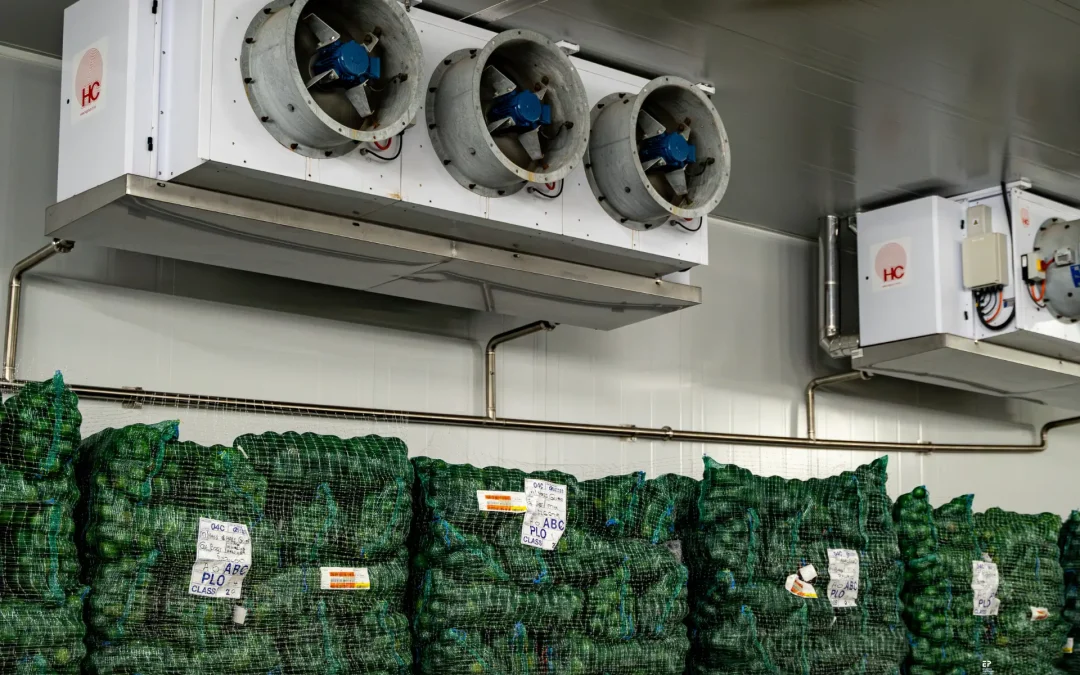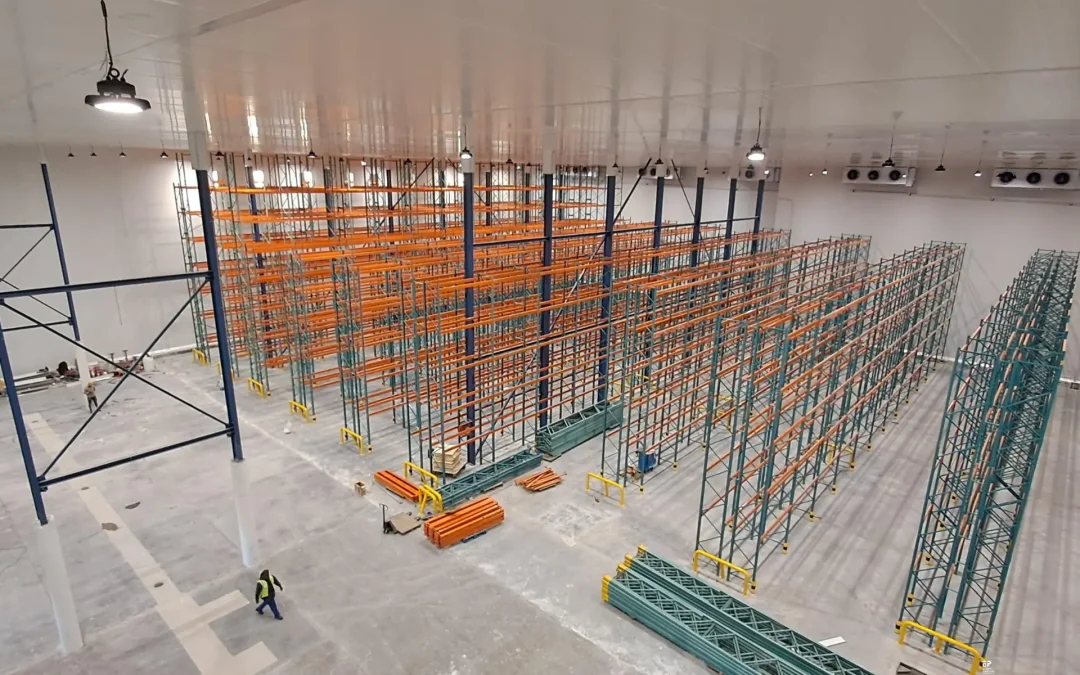How Netcare, in collaboration with Energy Partners, radically decreased their carbon footprint and improved financial performance.
Project Overview:
In 2013, Netcare Ltd, one ofSouth Africa’s leading privatehealthcare providers,embarked on a mission toreduce its carbon-basedenergy intensity by 24%within a decade. This ambitious goal was notonly met but exceeded aheadof schedule, significantlyimpacting both the group’scarbon footprint and itsfinancial performance. Thiscase study explores howNetcare, in collaboration with its integrated energysolutions partner, EnergyPartners (EP), achieved thisremarkable feat.

The challenge:
Netcare aimed to reduce its energy intensity by 22-25% by 2023, with a broader stretch target of 30%. Given that HVAC (heating, ventilation, and air conditioning) systems were the primary drivers of electricity consumption, this was a formidable challenge. Additionally, the company sought to integrate renewable energy sources and streamline other energy-intensive systems, such as lighting and water heating.
Strategic partnership:
A crucial element in Netcare’s success was its strategic partnership with EP. This collaboration facilitated the achievement of key sustainability goals through a comprehensive energy optimisation plan. EP’s approach was methodical, starting with energy audits, followed by mapping the energy use balance and conducting data analysis. The tailored plan focused on four key areas:
- HVAC Optimisation: HVAC systems accounted for almost half of Netcare’s electricity consumption. EP utilised waste heat for sone heating and hot water generation, optimising the system’s energy efficiency.
- Energy-Efficient Lighting: EP recommended and oversaw the replacement of 140,000 lights across all facilities with energy-efficient alternatives, making it the largest project of its kind in South Africa at the time.
- Renewable Energy Integration: Onsite solar PV systems were installed to harness renewable energy.
- Water Heating System Optimisation: Water heating, which comprised around 9% of Netcare’s energy consumption, was also optimised.
Results:
The energy optimisation plan yielded remarkable results. By 2023, Netcare had reduced its energy consumption by 39%, surpassing both its initial and stretch targets. This achievement was a testament to the effectiveness of the strategic measures implemented by EP and Netcare.
Financial and Environmental Impact
The impact on Netcare’s financial performance has been substantial. The company saved approximately R258 million in FY23 by mitigating the impact of rising electricity tariffs through energy efficiency measures. This demonstrates that sustainability and profitability are not mutually exclusive.
Data-Driven Energy Management
Mila Vicquery, General Manager at EP, Intelligence, highlighted the importance of data-driven energy management. EP’s proprietary utility management system, recently digitised to the GLO Sustainability platform, enabled continuous monitoring and evaluation. With over 900 meters across 114 sites, EP could track more than 12,000 data points, allowing for real-time consumption analysis and opportunity identification.
Embracing the Fourth Industrial Revolution (4IR)
Netcare’s embrace of 4IR technologies, including big data, machine learning, and predictive AI, has been pivotal to their success. These technologies have facilitated continuous improvement and maximised the life cycle of their infrastructure.
Conclusion:
Netcare’s journey to energy efficiency is a powerful example of how strategic partnerships and technology adoption can drive significant sustainability achievements. The success of their Sustainability Programme underscores the potential for businesses to embrace sustainability as a smart strategy that enhances resilience and operational efficiency.
As Mila Vicquery aptly concluded, “The success so far is a testament to what can be achieved when a business embraces sustainability—not just as the right thing to do, but also as an intelligent strategy that builds resilience and efficiency into operations.”
This case study highlights the critical role of a well-planned and executed energy optimisation strategy in achieving significant environmental and financial benefits, serving as an inspiring model for other organisations aiming to enhance their sustainability performance.





